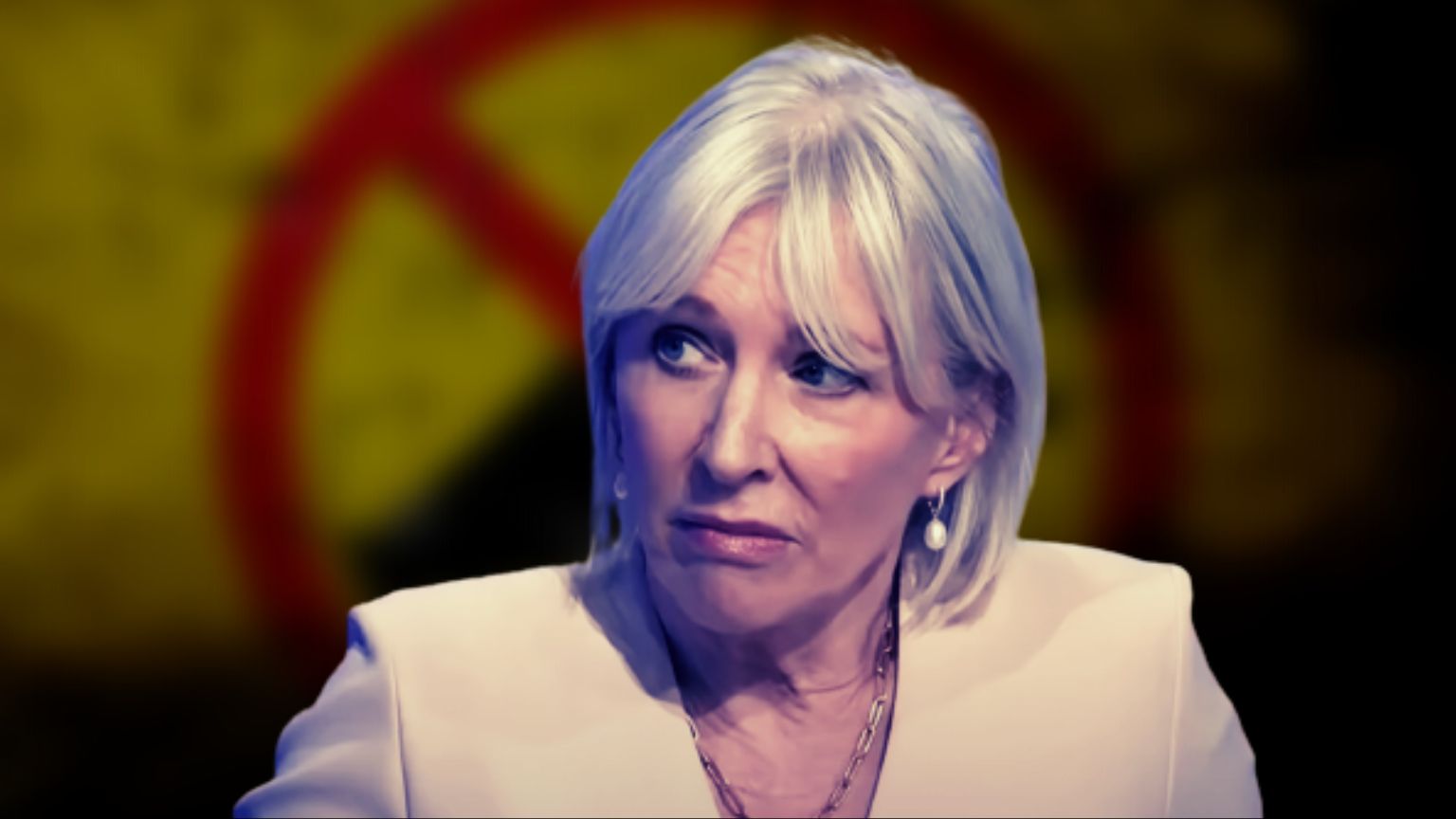The UK government is still pushing the Online Safety Bill, which it says will make the UK the safest place to be on the internet.
However, it risks a Conservative rebellion and even legal challenges because of the lack of definition of “legal but harmful” content. The bill is one of the biggest threats to free speech proposed in a Western democracy.
The tech industry and politicians want the government to spell out what content is not allowed, otherwise companies will censor content just to avoid the non-compliance fines of up to 10% of global turnover.
The bill will be announced during the Queen’s Speech on Tuesday, according to Culture Secretary Nadine Dorries. She added that the bill will make the UK have the safest online environment that protects not only kids but also vulnerable adults.
The bill does not say what content is not allowed, with the government saying the definition of “legal but harmful” content will be added through secondary legislation, which can be quickly amended to include new threats.
But the tech industry and some politicians believe the law should be totally clear about harmful content.
Former cabinet minister and free speech activist David Davis said: “The whole idea of legal but harmful is a trap. If it is sufficiently harmful it should be illegal. This bill is going to be modified in the courts rather than the House. It’s impossible to say what it will do at the moment. The flavor of the law will be dictated by the first half dozen court cases and how they play out.”
“Businesses need to have a clear understanding of what they are being asked to do and how they are supposed to balance the objectives of the Online Safety Bill to mitigate harm and protect free speech,” said techUK’s deputy CEO Antony Walker.
“Until we have clarity on definitions of legal but harmful, there is a risk that companies will feel the safest route to compliance will be to simply remove any lawful ‘gray area’ content.”













